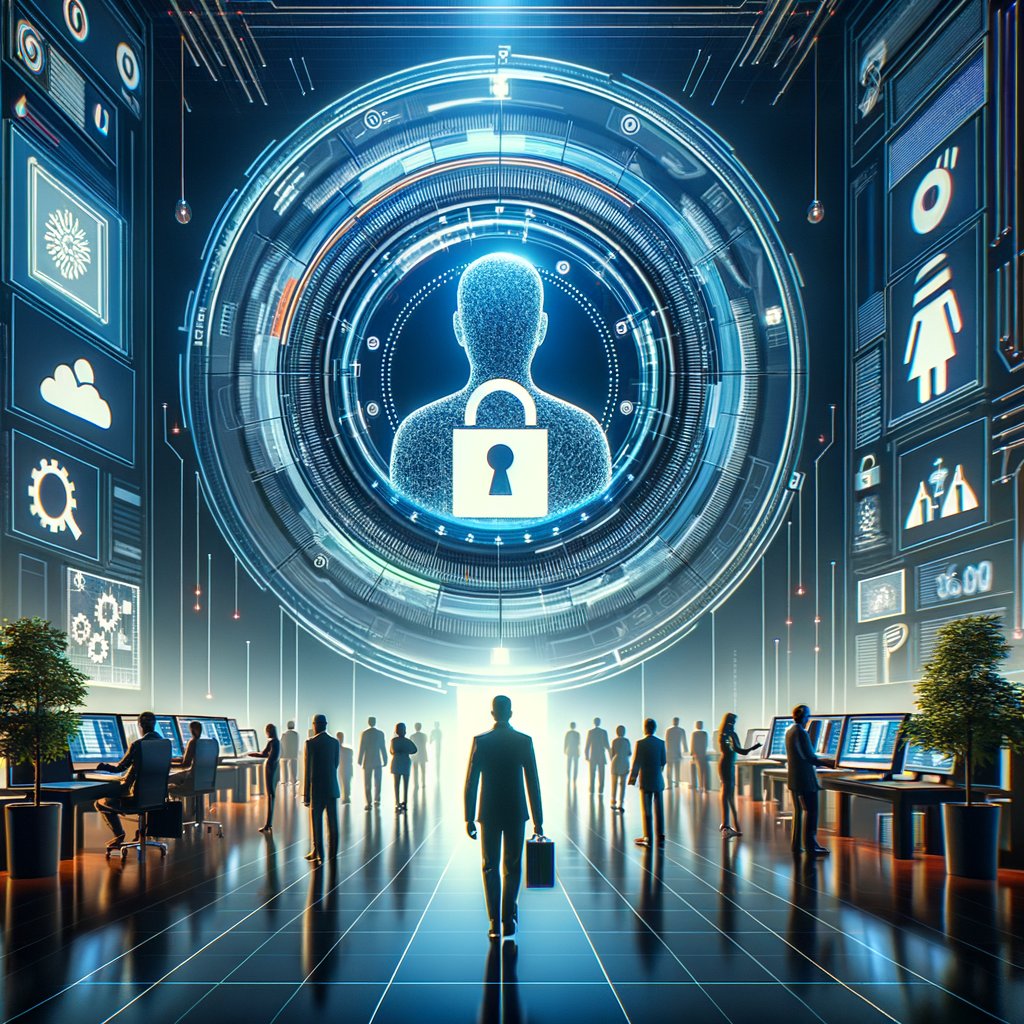Image created by AI
South Africa's Digital ID Revolution: Enhancing Security, Accessibility, and Efficiency
In an era where digital transformation is paramount, South Africa is making significant strides by introducing a new digital identity (ID) system as announced by Home Affairs Minister Leon Schreiber. This initiative, highlighted in President Cyril Ramaphosa's recent State of the Nation Address (Sona), is designed to revolutionize how South Africans interact with government services, ensuring a more secure, accessible, and efficient future.
The digital ID system will serve as an electronic version of a person’s identity, enabling them to authenticate their credentials online securely. This will apply not just to governmental interactions but also to everyday activities such as online banking, digital transactions, and accessing healthcare services. The digital IDs will be safeguarded through advanced security measures including encryption, passwords, and biometric data such as fingerprints and facial recognition.
Dr. Schreiber emphasized that the project is part of Home Affairs' five-year vision, focusing on fully digitalizing and automating services. The approach aligns with global trends where countries like Singapore have seen significant benefits from similar systems, enhancing service delivery and security since their digital ID implementation in 2003.
Furthermore, the digital ID system is expected to address several pivotal challenges currently facing South Africans. This includes battling identity theft, reducing bureaucratic inefficiencies, and promoting financial and social inclusion by making governmental and financial services more readily available to the broader population.
From a business perspective, the shift is equally promising. Business Unity SA CEO Khulekani Mathe highlighted that digital IDs could expedite customer and employee onboarding processes, mitigate human error, and close gaps that often lead to corruption. These improvements are not just beneficial internally but will enhance South Africa's attractiveness as an investment destination by ensuring more streamlined, reliable interactions.
President Ramaphosa envisions that the digital ID will underpin a more connected and integrated government infrastructure, enabling citizens to interact with various government departments seamlessly. By investing in digital public infrastructure, the aim is to make government services available "anytime, anywhere," thus redefining the citizen-government relationship.
As South Africa embarks on this ambitious journey, the next 12 months will be crucial in laying the groundwork for a system that aims to safeguard citizen data while making governmental processes more responsive and transparent.










